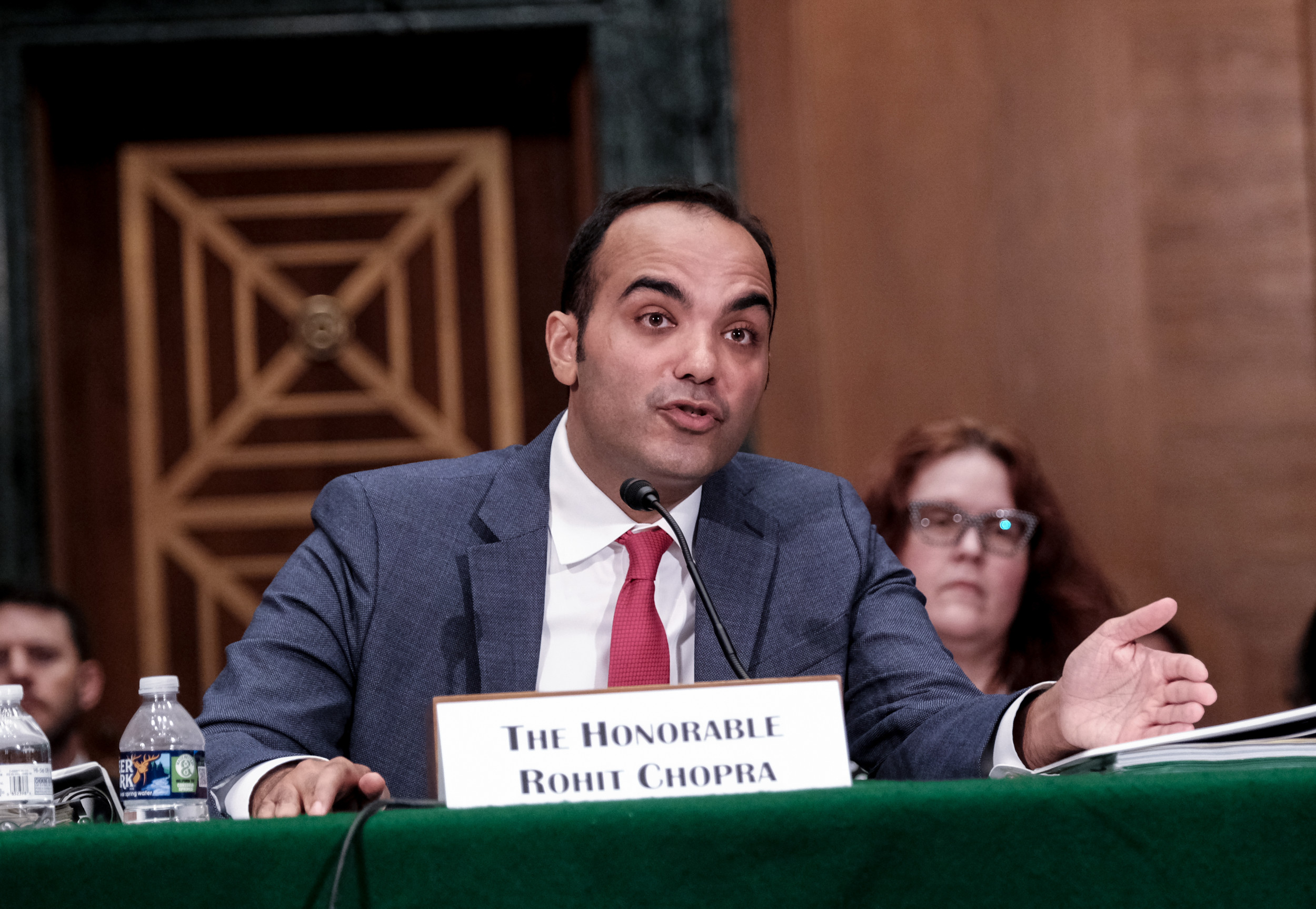
President Joe Biden has extended the moratorium on student loan repayment until May 1, 2022, although some argue that the move does not effectively help borrowers.
The moratorium had been set to expire Jan. 31 before it was extended on Wednesday. Biden said in a statement that the extension was needed because many borrowers were "still coping with the impacts of the pandemic and need some more time before resuming payments." The new policy means that millions of Americans will have another three months before they need to restart payments.
Democrats largely hailed the president's move, although some argued that continuing the pause on payments did not go far enough. Senate Majority Leader Chuck Schumer (D-N.Y.), Senator Elizabeth Warren (D-Mass.) and Representative Ayanna Pressley (D-Mass.) cited the rise of the Omicron COVID-19 variant in a joint statement thanking Biden for the extension while urging him to ramp up relief by canceling $50,000 in student loan debt per borrower.
"We're pleased the Biden administration has heeded our call to extend the pause on student loan payments," the Democratic lawmakers said. "Extending the pause will help millions of Americans make ends meet, especially as we overcome the Omicron variant. We continue to call on President Biden to take executive action to cancel $50,000 in student debt, which will help close the racial wealth gap for borrowers and accelerate our economic recovery."
The Progressive Congressional Caucus also thanked Biden for the "momentary sigh of relief" while arguing in favor of more permanent student loan debt relief. The progressives urged the president to cancel $50,000 in debt per borrower, citing an analysis from progressive think tank the Roosevelt Institute that found doing so could increase Black wealth by 40 percent and add over $173 billion to the national gross domestic product in the first year after implementation.
"The work can't stop here," the progressive caucus tweeted. "The administration must now deliver on the President's promise to cancel student debt, and lower costs for families at a time of tremendous health and economic uncertainty. We need to continue our economic recovery and quest for racial justice."
Biden has consistently resisted calls to cancel $50,000 or more in student loan debt per borrower. He campaigned on a pledge to instead cancel $10,000 per borrower but has failed to put the plan into action since taking office. More recently, the administration has suggested that any debt cancelation may need to pass through Congress first—a tall order since Congress is sharply divided between Democrats who do not all agree on the issue and Republicans who are largely opposed.
Although pausing student loan debt only delays inevitable repayment, the pause does not increase the burden on borrowers in any direct way since accrued interest is also frozen during the moratorium. The Department of Education (DoE) said that the extended pause would help 41 million borrowers save $5 billion per month. As Biden took office, his administration extended the moratorium through the end of September. The DoE issued another extension in August, which was billed as "a final extension of the pause" at the time.
Republicans took issue with Biden's latest repayment pause extension for significantly different reasons than Democrats on Wednesday. Representative Virginia Foxx (R-N.C.), the ranking Republican member of the House Education and Labor Committee, argued that the extension was an example of Biden using the "pandemic to push his preferred progressive policies" and claimed that the pause at least partly came at "the expense" of those with student loans.
"Rather than adequately preparing and working with stakeholders to ensure a smooth transition into repayment, the Department has delayed information to borrowers, failed to communicate with servicers, and stonewalled Congress in order to provide back door loan forgiveness through administrative fiat," Foxx said in a statement.
"This irresponsible extension places even more burden on taxpayers, who are already on the hook for $100 billion as result of previous extensions," she continued. "President Biden is using the permanent pandemic narrative to bankrupt our country and bow to the progressive base at the expense of borrowers and taxpayers."
Newsweek reached out to the White House for comment.
Uncommon Knowledge
Newsweek is committed to challenging conventional wisdom and finding connections in the search for common ground.
Newsweek is committed to challenging conventional wisdom and finding connections in the search for common ground.
About the writer
Aila Slisco is a Newsweek night reporter based in New York. Her focus is on reporting national politics, where she ... Read more





